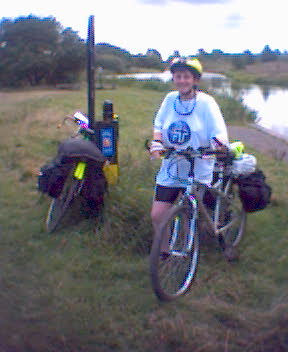Often interpreted as a place of shelter and support for birds, the mustard seed of Jesus has indeed grown into a huge tree, but the birds are scavengers that have taken the seed of the word from the world, and are now a great evil harbouring in the branches of the church, that over time has corrupted it. The seed of the word has been genetically modified and what has been re-sown into the world is only a shadow of it’s former self.
A sweeping statement, and I know there are good and bad, but I wanted to start with this alternative interpretation of the Mustard seed, as I seek to re frame church in order to highlight and recognise the need for change.
Over time the corruption has led to a multi-faceted dualism, that splits worship between lifestyle or an activity, sees church as activity rather than a community, changed the inclusive kingdom of Jesus to an exclusive club, and reduced prayer to a time rather than a constant. So how do we progress if as in the last post, radical change is seen as inappropriate, and evolution is part of this trees sub cultural weakness. (Read yesterday’s post to see how this fits)
One thing we can take from the emerging church is the willingness to experiment, but we need to experiment from a different starting point. One that is different to the multi-faceted dualism, but which starts with defining Church in the light of the whole of the word, rather than one that focuses on style or a single activity. An emerging church that does not address mission, or is about a group of people coming together to worship in ways that they can relate to stemming from their cultural experience, cannot be church. Whilst I acknowledge the emerging churches would hope to develop a more holistic approach (and many have), there is still much to do.
We need to reconnect church with a life of worship (thus redeeming worship), reconnect church with prayer that never ceases (redeeming prayer) and by doing so to reconnect church with the life of faith and church the whole of our life.
Therefore a new definition of Church in the post- Christendom west that I would suggest is a way of being and living that is a series of chaotic but intentional encounters with God, one another, and the world, founded on the holistic teaching of Christ.
We need a community led approach to church that is inclusive of outsiders, and exhibits this chaotic but intentional way of being. I would advocate a valuing and engagement of all that each member of community brings, regardless of whether it is deemed as secular or sacred because through the redemptive process of reflection (see Outside In part 2) even that which seemed wrong or difficult can add to help us understand God, connect with one another and engage the world.
I will post what I think this can/may look like in practice tomorrow.

